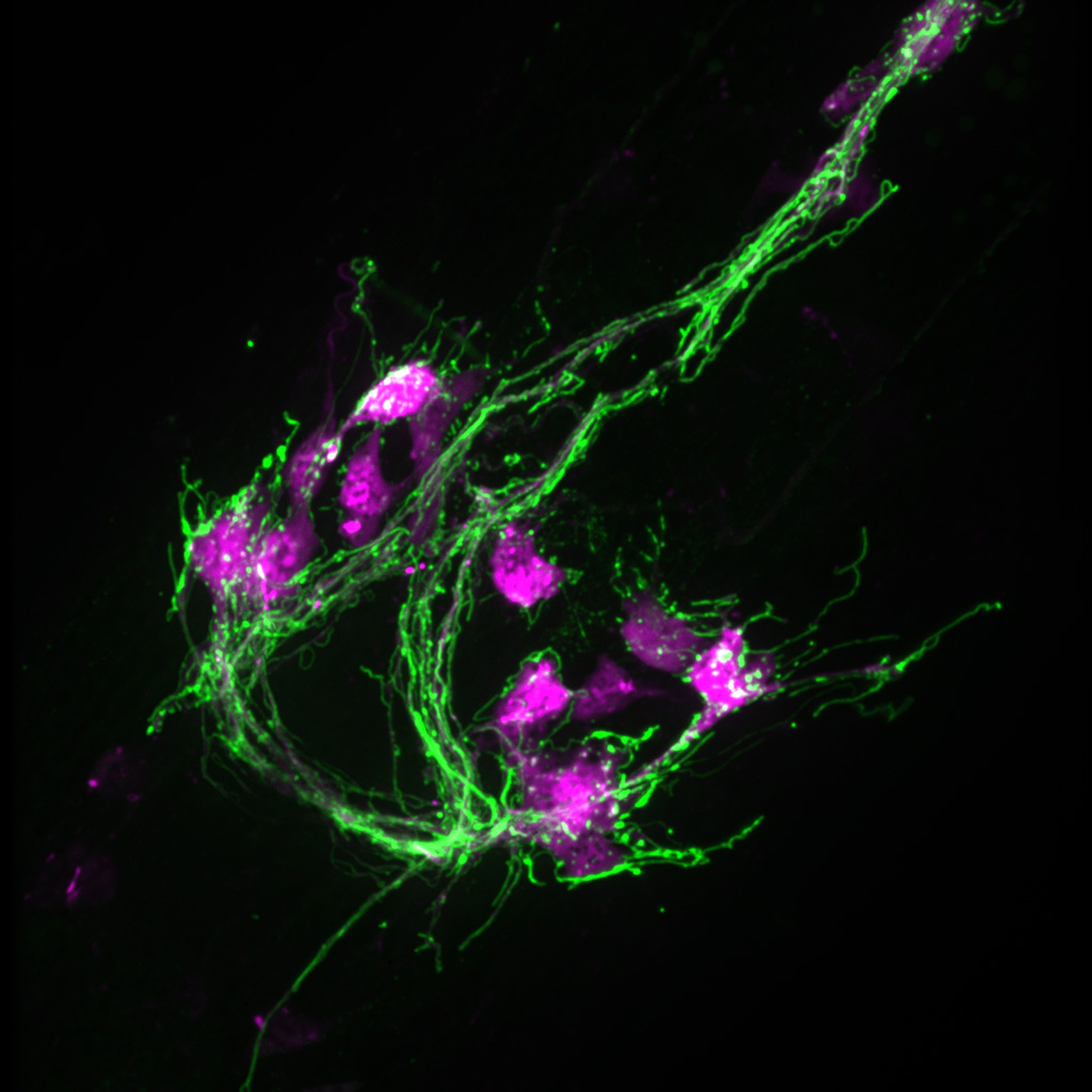
Jan. 30, 2013 – University of Utah biology Professor Andres Villu Maricq will explore the workings of nerve synapses – the fundamental building blocks of memory –during the next Frontiers of Science Lecture at the University of Utah.
“Exploring the Machinery of Memory: New Insights, New Directions” is the title of Maricq’s free public lecture at 7:30 p.m. Wednesday, Feb. 6 in the Aline Wilmot Skaggs Biology Building Auditorium.
“The ability to learn and remember is essential for all aspects of life. It allows us to modify our behavior in an experience-dependent manner – to fear what threatens us, to recognize what helps us and to plan for the future,” says Maricq, who directs the University of Utah College of Science’s Center for Cell and Genome Science.
“Losing one’s memory limits quality of life and can lead to devastating consequences,” he adds. “Memory seems miraculous, but work is underway to better understand the biological mechanisms that contribute to this ancient and fundamental process found in essentially all animals.”
Maricq says: “We know that memory resides somewhere in the vast interconnected web of neurons or nerve cells that make up our brain. The connections between these neurons are called synapses, which are intricately constructed points of contact that regulate the flow of information from one neuron to another.”
“In the past decade, a growing consensus has emerged that the processes of remembering and forgetting depend on the selective strengthening or weakening of specific synapses. Thus, as we look, listen and think, dynamic changes in the composition of synapses affect long-term changes in connections and information flow in our brains.”
In his lecture, Maricq will explore the workings of synapses and focus on recent efforts to .directly manipulate and observe functioning synapses in an intact nervous system. This research offers the promise of new ways to treat mental health and neurological disorders.
Before coming to the University of Utah, Maricq received a B.S. in experimental psychology at Brown University, and a combined M.D.-Ph.D. at the University of California, Berkeley, and the University of California, San Francisco. Maricq is fascinated by the question of how memory is encoded by the brain. His research focuses on discovering a parts list and blueprint for how the nervous system stores information.
The Frontiers of Science Lecture Series is sponsored by BioFire Diagnostics Inc., the University of Utah’s College of Science and College of Mines and Earth Sciences.
Lectures are free and open to the public. No expertise in biology is presumed. Visit www.science.utah.edu for more information.
